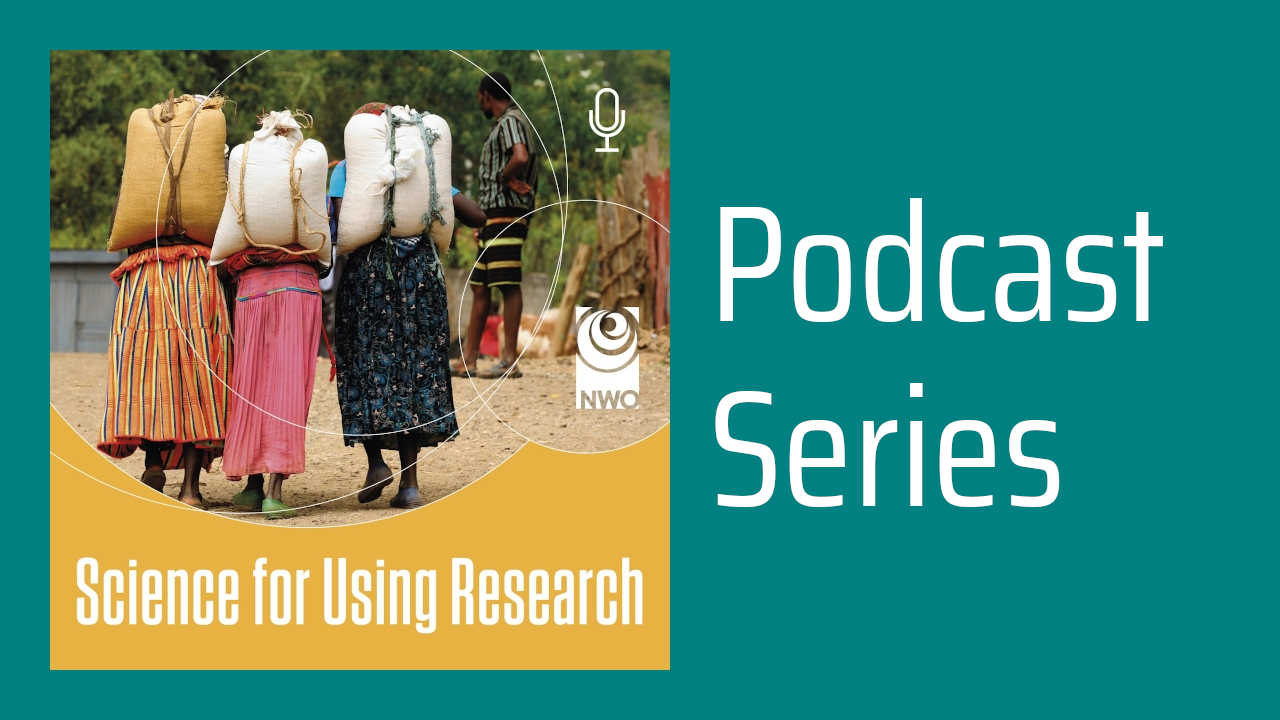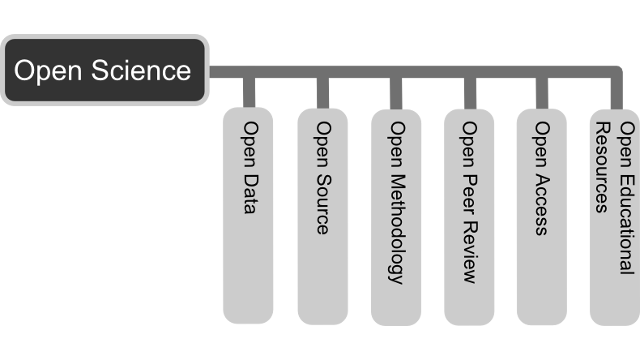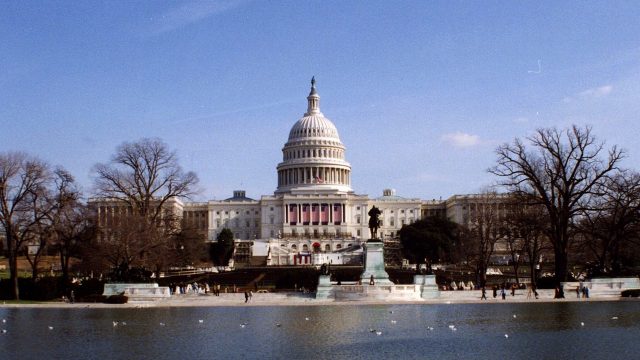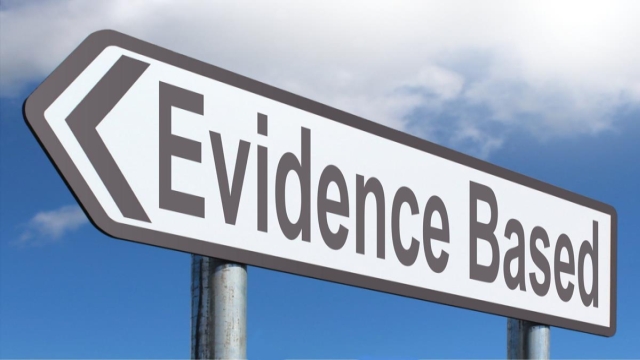
What works or could work in knowledge brokering to enhance the use of research for inclusive global development?
Knowledge can be a catalyst for change. Innovative knowledge and research insights can contribute solutions for the many challenges we are facing today – from climate change and infectious diseases to food insecurity and polluted oceans.
However, systematically making use of research findings – or, translating evidence into action – remains a major challenge. There appears to be a significant gap between the production of innovative, relevant knowledge, and the actual use of it. This has been framed as the research-action gap, or the know-do gap.
In this context, the Dutch Research Council (NWO) Science for Using Research (SURe) initiative provided grants for three projects that have contributed to strengthening the body of scientific knowledge on what works or could work in knowledge brokering to enhance the outcome and impact of research for inclusive global development.
SURe podcast series
Episode 1 – Why is there a need to improve the use of knowledge in the first place? | 2 December 2021
Episode 2 – Approaches to knowledge brokering: What works in facilitating the use of research? | 16 December 2021
Episode 3 – Roles and responsibilities in knowledge brokering: Who do you involve and what is in it for them? | 13 January 2022
Episode 4 – Measuring successes and failures: How do we know what works in knowledge brokering? | 27 January 2022.
The three SURe projects were:
- Translating Evidence into better sexual and reproductive health: how can we assess, improve and institutionalize research use?
- Putting Heads Together: knowledge brokering and co-creation in Food & Business Research
- An Unusual Suspect: the private sector in knowledge brokering in international development.
Also published on Medium.






